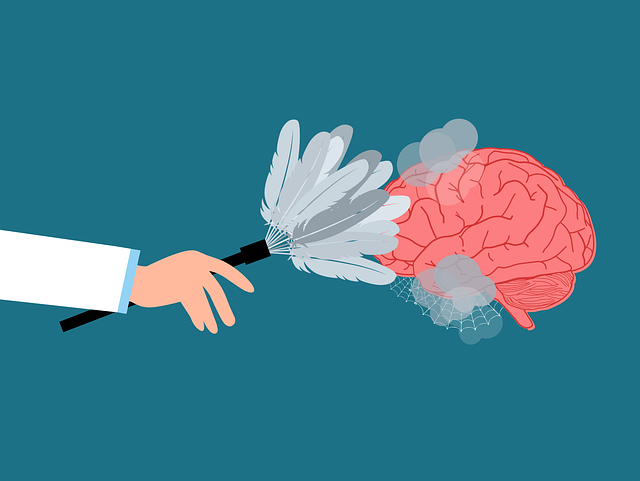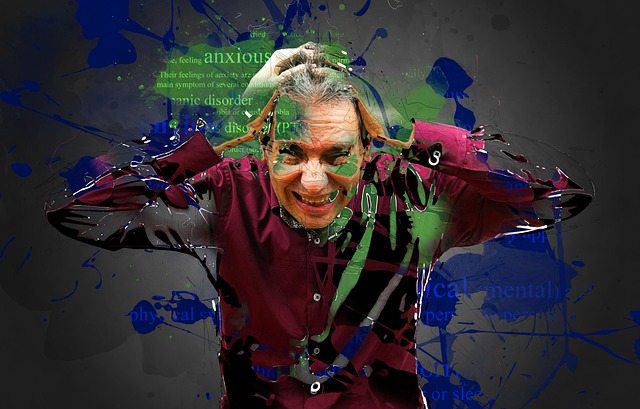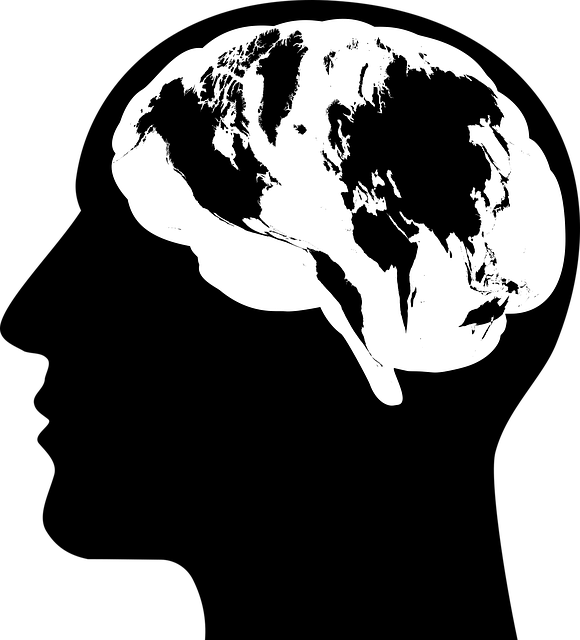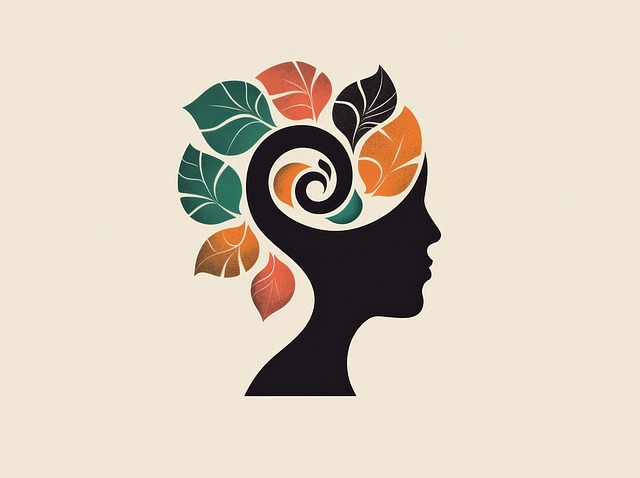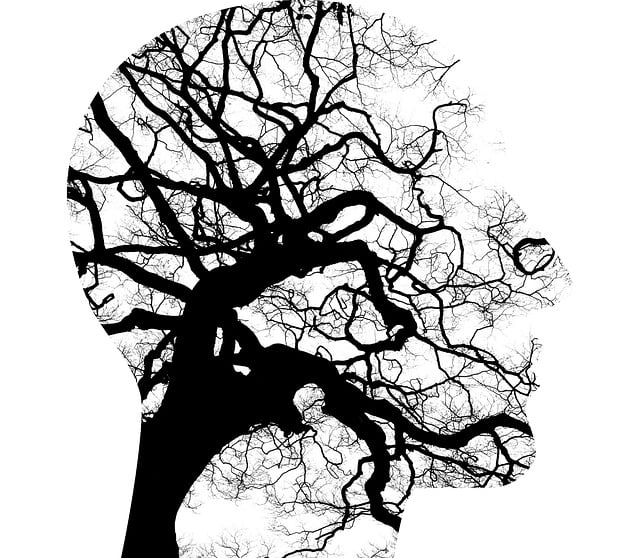Lone Tree Spiritual-Religious Issues Therapy offers a holistic approach to managing anxiety by integrating spiritual/religious practices with traditional therapy. Research shows these practices can reduce symptoms by fostering self-connection and belief-based calm, reducing mental illness stigma. Through personalized sessions, therapists guide clients in mindfulness meditation, self-awareness development, and coping strategy creation tailored to their needs, empowering them to manage triggers effectively. This method promotes purpose, inner peace, and prevents long-term burnout. Incorporating mindfulness, self-care, and community support are powerful tools for managing anxiety.
Anxiety is a common challenge, but effective management techniques can foster well-being. This comprehensive guide explores three powerful approaches to tackle anxiety head-on. We delve into understanding the role of spiritual and religious practices in mitigating stress (Lone Tree Spiritual-Religious Issues). Additionally, we examine the benefits of therapy as a game-changer in anxiety management and uncover the impact of mindfulness and self-care strategies on daily life. By embracing these methods, individuals can navigate their anxiety journey with resilience.
- Understanding Anxiety: The Role of Spiritual and Religious Practices
- Exploring Therapy as a Tool for Effective Anxiety Management
- Incorporating Mindfulness and Self-Care Strategies in Daily Life
Understanding Anxiety: The Role of Spiritual and Religious Practices

Anxiety, a prevalent mental health concern, often stems from various factors, including biological, psychological, and social influences. While Lone Tree spiritual-religious issues therapy isn’t a cure-all, it offers individuals valuable tools to manage anxiety effectively. Incorporating spiritual or religious practices can significantly contribute to overall well-being and provide a sense of purpose and calm amidst stressful circumstances. Research indicates that these practices may help reduce symptoms of anxiety by fostering a deeper connection with oneself and one’s beliefs.
In today’s fast-paced world, where mental illness stigma reduction efforts are gaining momentum, spiritual and religious approaches can offer an alternative or complementary path to traditional therapy. Conflict resolution techniques often present in such practices encourage individuals to cultivate inner peace and emotional intelligence—essential skills for managing anxious thoughts and feelings. By integrating these practices into daily routines, one can potentially enhance coping mechanisms and improve overall mental resilience.
Exploring Therapy as a Tool for Effective Anxiety Management

Anxiety is a widespread challenge that many individuals face, often seeking effective management techniques to lead healthier lives. One powerful tool in this journey is therapy, which offers a safe and supportive space for exploration and growth. Lone Tree Spiritual-Religious Issues Therapy provides a unique perspective on managing anxiety by integrating spiritual and religious practices into the therapeutic process. This holistic approach recognizes the profound impact of one’s beliefs and values on mental well-being.
Through personalized sessions, therapists guide clients in developing mindfulness meditation practices, fostering self-awareness, and cultivating coping strategies tailored to their specific needs. Mental Health Education Programs Design can empower individuals to understand their anxiety triggers and develop effective management techniques. By addressing underlying spiritual or religious concerns, this therapy promotes a sense of purpose and inner peace, which is crucial for long-term burnout prevention.
Incorporating Mindfulness and Self-Care Strategies in Daily Life

Incorporating mindfulness and self-care strategies into daily life can significantly contribute to managing anxiety. Practicing mindfulness involves being fully present in the moment, acknowledging and accepting thoughts and feelings without judgment. This can be achieved through activities like meditation, deep breathing exercises, or even mindful walking. By cultivating a non-judgmental awareness of one’s thoughts and sensations, individuals can reduce the impact of anxious thoughts and better regulate their emotional responses.
Self-care, on the other hand, encompasses a range of activities that nurture physical, mental, and emotional well-being. This includes maintaining a balanced diet, engaging in regular physical activity, ensuring adequate sleep, and setting boundaries to manage time effectively. Incorporating these practices into one’s routine can help reduce stress levels and create a sense of balance, which is essential for managing anxiety. Additionally, seeking support from a community outreach program or spiritual/religious therapy can provide valuable tools for conflict resolution techniques and further enhance stress reduction methods.
Anxiety management is a personalized journey, and exploring various techniques can help individuals find their equilibrium. From spiritual practices to therapy and mindfulness, these tools empower people to navigate their unique challenges. By integrating religious beliefs with evidence-based therapies and adopting self-care strategies, one can cultivate resilience against anxiety. Embracing these approaches, such as Lone Tree spiritual-religious issues therapy, allows for a holistic healing process, enabling individuals to lead more fulfilling lives.
